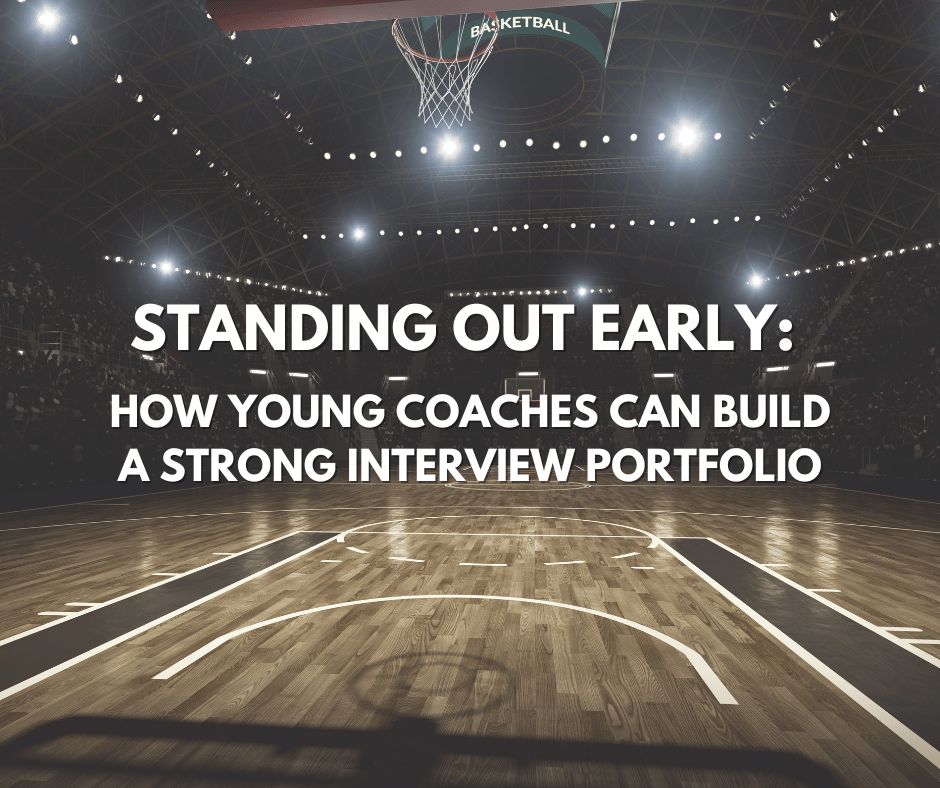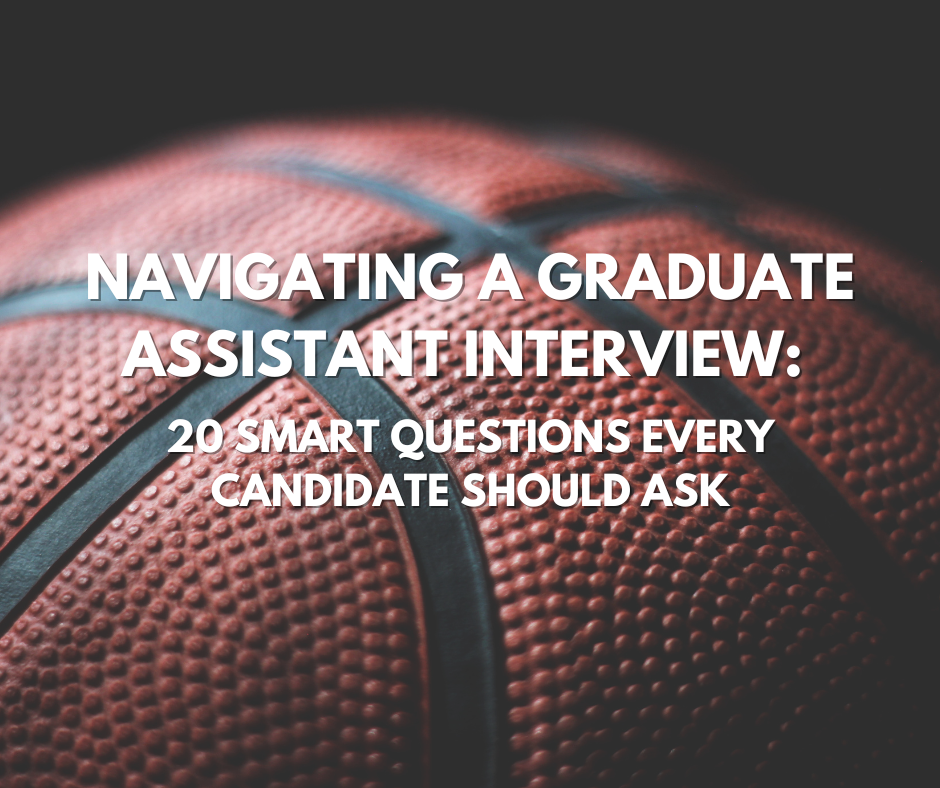The competition for GA (graduate assistant) and entry level college coaching positions, even at the lower divisions of college basketball, is insane. There are so many coaches and aspiring coaches, young and old, who are looking to get their foot into the college coaching door. Things have gotten so crazy at the Power 5 level that we see top assistants or even head coaches who get fired and become GA’s at other programs (obviously this is not the case if they already have a master’s degree).
Unless you played or have really good connections, it can be very difficult to land a GA position. Most GA positions are filled with someone the coach knows or by someone who was referred to them. Rarely does an unknown person come in and get the job unless they’ve got an outstanding playing or coaching resume.
Many times, young aspiring coaches think they are going to land a GA job and work another job on or off campus to make ends meet financially. It just doesn’t work that way. When you are a GA, you are typically expected to be there full time. That may mean long hours every day of the week during the season, and 40+ hours in the offseason. Plus you still have to take classes on top of your coaching workload.
If you’re a recent college graduate and looking for a way to get into college coaching, your best bet to get experience without totally sacrificing everything financially could be a volunteer or part-time position at a smaller college near you. Make in-person visits to talk to the coach and see if there is anything you can do to help. That way, you can get a position that will give you more flexibility to work a second job if finances are a concern. If you really want to work your way into the profession, then expect to spend every spare hour you have at the athletic office. That’s the only way to learn and also gain a good recommendation from the head coach.
Personally, I have a lot of volunteer and part-time experience in my early years on my resume. But most of those jobs, I spent full-time hours at the office because I knew I had to make an impression if I wanted to move on to a better position. Since I spent so much time working and had so much responsibility, I did not have to list those jobs on my resume as “volunteer” or “part-time.” I worked full-time hours for part-time pay or for free. If you just show up for practice, don’t expect the head coach to give you a glowing recommendation when you start applying for full-time positions.
Here are some tips on getting a GA or entry level college position:
1. Are you qualified? Do you have your degree, the required GPA for the graduate program, and practical experience that qualify you for the position you are seeking? If you want to be a GA, you have to be able to get accepted into the school and a graduate program.
2. What do you bring to the table? Can you sell yourself and your experience to the Head Coach. In the world of coaching, it is important that the coaches and athletes believe in you. It is hard to believe in a coach that has never played that sport, or coached it somewhere prior. If you did not play in college, do you have relatable experience? This is why former athletes have an advantage.
3. Who else says you are good? There are plenty of good coaches out there for only a few jobs. You have to get your foot in the door and that comes through networking. Many coaches won’t hire someone they don’t know or who doesn’t come highly recommended from another coach they know well. You need to get out and meet as many coaches as you can, and leave a lasting impression. The more they see your face the better chance you have. Even during undergrad, find ways to network (camps, professional development opportunities).
4. It is important to understand that there are hundreds of coaches that want the same job you are applying for. You must do your part. You must have a resume that qualifies you, experience with that sport, and someone to validate your skills. It is this combination of credibility, experience, and marketability that often makes it easier and more practical to move up the college coaching ladder.
What Opportunities are Available?
While the NCAA has severely limited the number of assistants that can be on a staff in pretty much every sport, there are still several entry-level opportunities for someone looking to get experience at the college level. Do not rule out volunteer or part-time positions and also consider junior college opportunities.
Your chances at getting your foot in the door improve when you have a quality resume and portfolio that demonstrates the value you can bring to a program. Does your resume and portfolio stand out from the others being submitted? If you’re not sure, sign up to be a member of The Coaching Portfolio Guide. Click here to sign up today!
Written By: Bill Vasko – CEO, XO Coach






